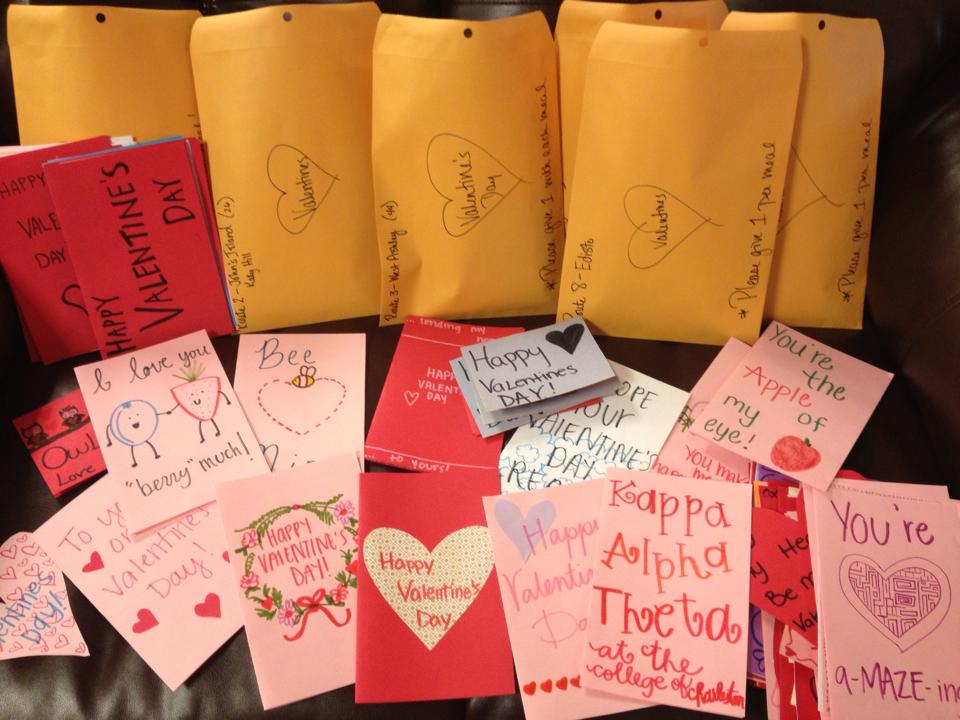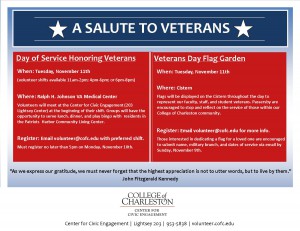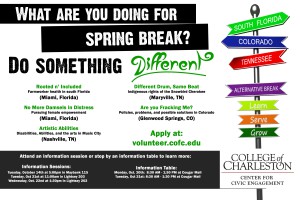Incarceration of American Youth – Natalie Martin
The school to prison pipeline refers to the national trend of criminalizing misbehaviors that happen in schools across the nation. There are enormous implications for students, in particular male students of color, given the changes in how school culture and discipline is handled across the nation.
School to Prison Pipeline
- African American students are 3.5 times more likely than their white peers to be suspended or expelled.
- Black children account for 18% of students, but account for 46% of those suspended more than once.
- Students who enter the juvenile justice system face many barriers blocking their re-entry into traditional schools, and can be haunted by their criminal records later in life. The vast majority never graduate from high school, and may be denied student loans, public housing, or occupational licenses.
- While approximately 8.6% of public school children have been identified as having disabilities that impact their ability to learn, a recent survey of correctional facilities found that students with disabilities are represented in jail at a rate of nearly four times that.
Department of Juvenile Justice Statistics
- On a given day, 70,000 juvenile offenders are held in residential placements.
- On a given day in SC, between 788-919 juveniles are held in residential placements.
- There are 1.7 million juvenile cases each year. That is 4,600 per day.
- Charleston County accounts for approximately 10% of all juveniles detained in South Carolina.
- 1 out of every 5 youth brought before the court are detained.
- An estimated 250,000 youth are tried, sentenced, or incarcerated as adults every year
- African American youth make up 62% of juveniles tried as adults.
- The racial breakdown for youth in SC detention centers is 66% black, 30% white, and 4% identify as a different race or ethnicity.
- The gender breakdown for youth detained in SC is 78% male and 22% female.
- 14 states have no minimum age for trying youth as adults.
- 365 children have been legally executed in the United States.
- There are 73 children sentenced to life without parole in prisons today – 49% are black, 10% are Latin@.
- Of the 73 children sentenced to life without parole for non-homicide offenses, all are people of color.
As one can see from the statistics above, the rates of children involved in the juvenile justice system are staggering. The problem is much larger than just the juvenile justice system. We miss the point if we look at single incidents to try and define the problem. The issue at hand is the intersection of multiple systems that are steeped in historic racism that perpetuate inequity in the world today. After the murder of Michael Brown in St. Louis, Brittany Packnett said, “Education did not save Mike Brown. Racism killed him.” That truth can be applied to many historical and current events. The events during Red Summer, the lack of accountability for the white instigators in those events and numerous others, the abuses against people of color and the lack of any types of reparations, Jim Crow and the history of lynchings, the foundation of our public school system and the current school to prison pipeline, housing disparities, income disparities, the fact that white high school graduates still out earn black college graduates today are all connected and are one much larger systemic injustice caused by white supremacy. In some ways there is this beat the odds mentality about students of color, but that is the wrong mindset. We must change the odds, but that will require those with power and privilege to educate themselves, give up power, be uncomfortable, and stop perpetuating the same forms of oppression that our country was founded on.
So that begets the question, what can you do when the problem is large and deeply rooted in our history. While it can sometimes seem that small things won’t make a difference, the AAST 300 class, in collaboration with the Charleston County Department of Juvenile Justice, is tackling an issue that will hopefully have a large impact on the youth detained in the juvenile justice facility in North Charleston. After a recent trip to the facility, our class noticed the limited number of books in the detention center’s library and decided that was something we could help change. In addition to increasing the number of reading materials, we also raise awareness about the current context of the juvenile justice system and the school to prison pipeline.
We are collecting paperback books for kids ages 10-18 between now and April 17th. If you have any books you would like to donate, please drop them off in the box located in the Center for Civic Engagement, Room 203, Lightsey Center.



